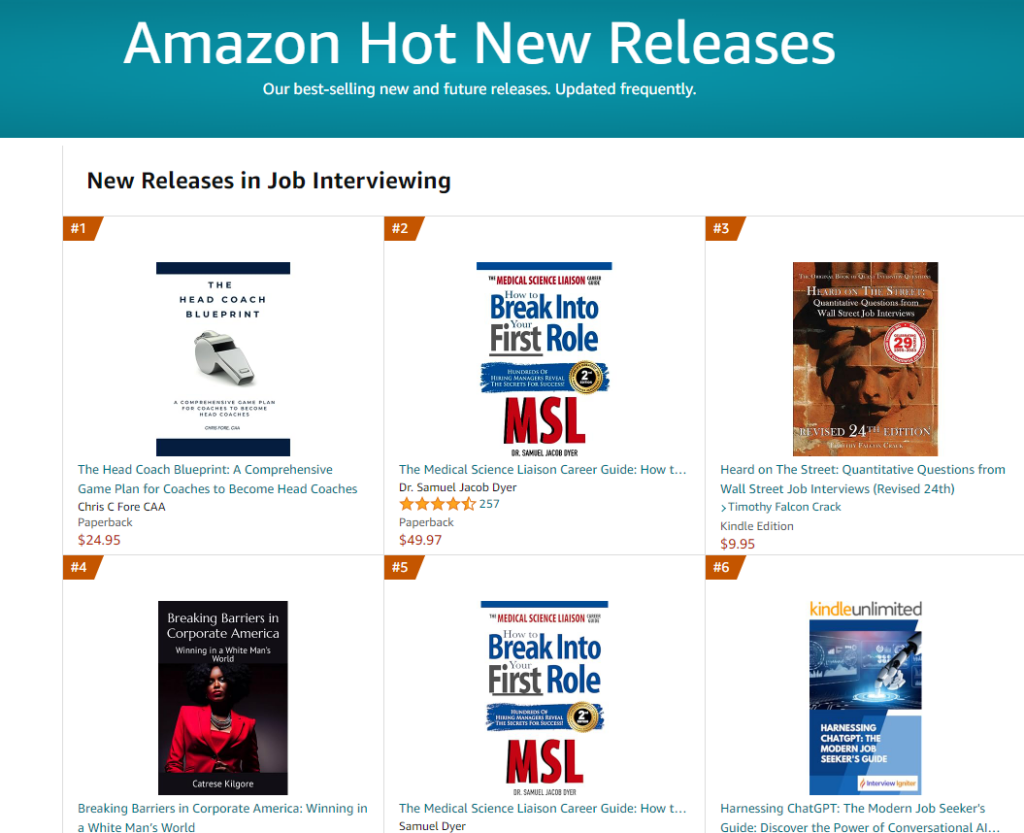
As coaches, we often find ourselves facing challenges that are entirely beyond our control. Injuries, parents’ reactions to strategic decisions, unpredictable weather, and even the conditions of our facilities are just a few examples of the variables that can throw a wrench into our plans. However, one of the most frustrating hurdles for many coaches is dealing with policies that are imposed upon them, whether by their administration or local board of trustees. These policies can sometimes feel like handcuffs, restricting the coach’s ability to build and run their program to the best of their ability.
The question then becomes: how should a coach respond when confronted with a policy that seems to be hindering their progress?
In such situations, coaches essentially have two choices:
- They can allow themselves to become bitter, expending precious energy on fighting the decision, gossiping with their coaching staff about the unfairness of the policy, and overall, letting the situation make them miserable.
- They can choose to adopt a more constructive approach by putting their heads down and forging ahead, choosing not to let the policy consume their thoughts.
It is crucial for coaches to recognize that encountering such policies is not a matter of “if,” but rather “when.” Drawing from personal experience, I recall a situation when I as a high school Athletic Director, and the Human Resources Office refused to disclose whether my coaching staff was First Aid/CPR compliant, citing it as a “private personnel issue.” Frustration and disbelief initially consumed me as I thought about the absurdity of this policy. They told me that it was my legal responsibility to make sure that all of my coaches were properly certified, yet would not communicate with me about my coach’s certifications. As they say these days, lol! However, I quickly realized that dwelling on it would only sap my energy and hinder the progress of my program.
In situations like these, it is important to give yourself a limited amount of time to be upset about the policy—say, 48 hours—and then consciously choose to move on. During this time, focus on finding practical solutions rather than dwelling on the injustice of the policy itself. In my case, I took the initiative to communicate with each of our fifty coaches, verifying their compliance and obtaining copies of their certification cards. It was a time-consuming process, but I recognized the futility of wallowing in frustration and decided to take proactive steps to overcome the challenge.
Stewing over a policy, engaging in gossip, or attempting to change the policy can lead to unnecessary stress and frustration. It’s important to acknowledge that some aspects of our coaching environments are beyond our control. By putting our noses to the grindstone, tackling the issue head-on, and then consciously choosing to move forward, we can avoid getting bogged down by these external factors.
Refusing to let a policy dictate your emotional state is a key aspect of navigating these situations.
Rather than allowing yourself to become embroiled in conversations that revolve around the absurdity of a particular policy, maintain a forward-looking mindset. If someone attempts to draw you into a discussion about the shortcomings of a policy, calmly assert that it is beyond your control, and steer the conversation in a more productive direction.
A wise coach understands the value of not letting external factors consume their mental and emotional energy. Once you’ve given yourself the initial 48 hours to process and vent about the policy, make a conscious effort to close that chapter. Refuse to engage in conversations that will reignite frustration, and, most importantly, avoid letting others draw you back into the cycle of negativity. It’s a discipline akin to wearing blinders, much like racehorses do, to stay focused on the path ahead and not be sidetracked by elements beyond your control.
In the grand scheme of coaching, the ability to navigate and overcome policy-related challenges with resilience and focus is a hallmark of effective leadership. By adopting a mindset of acceptance, proactive problem-solving, and disciplined emotional control, coaches can ensure that policies, no matter how frustrating, do not become insurmountable obstacles but rather opportunities for growth and development.
Chris Fore has his Masters degree in Athletic Administration, is a Certified Athletic Administrator and currently works as a Principal in Southern California (yes, he went to the “dark side” after 17 years of coaching!) He served as the President of the California Coaches Association for 3 years. Fore is the CEO of Eight Laces Consulting which specializes in helping coaches nationwide in their job search process. Fore has been named to the Hudl Top 100 Coaches, and the Top 5 Best High School Football Coaches to follow on Twitter by MaxPreps. Follow him!



